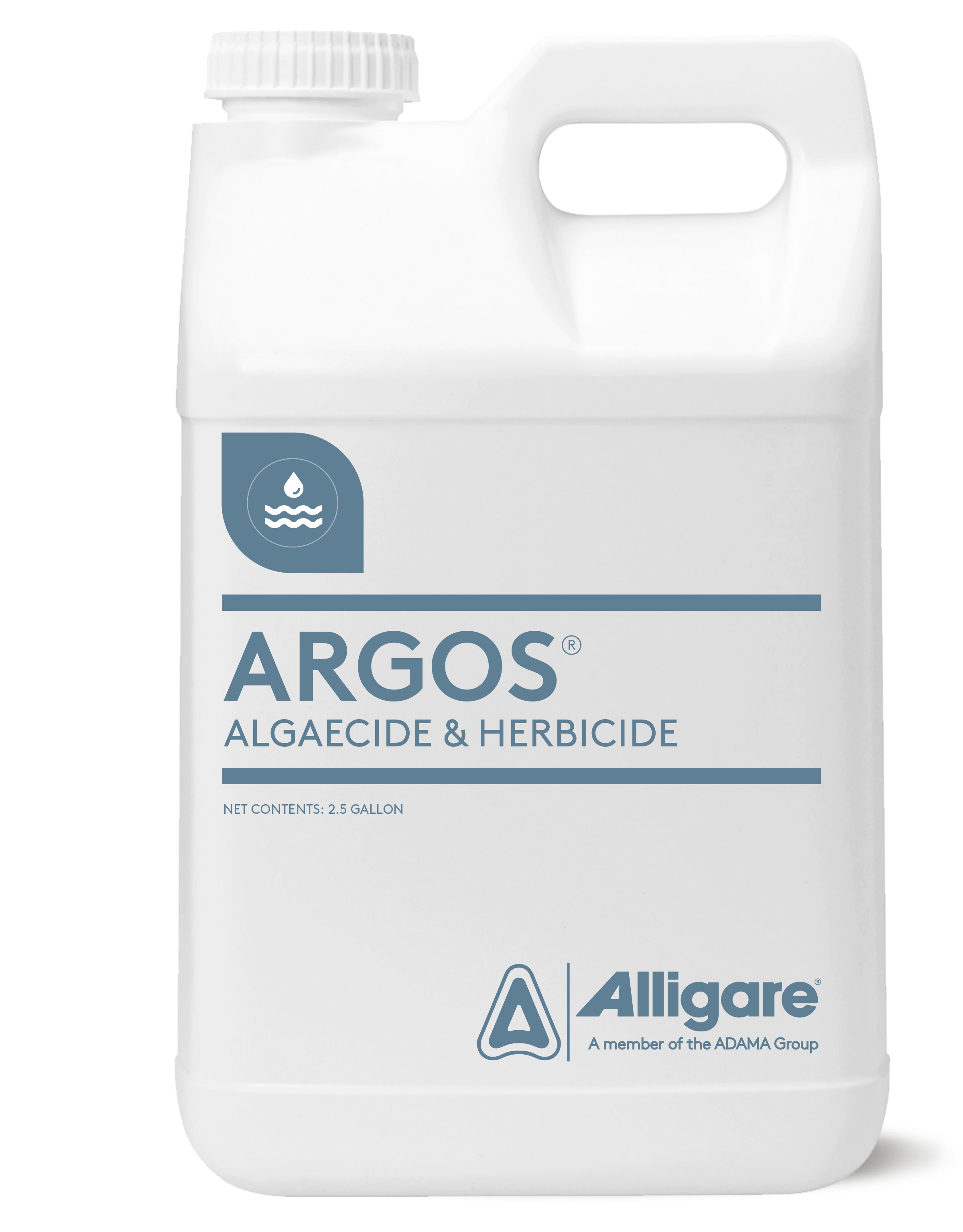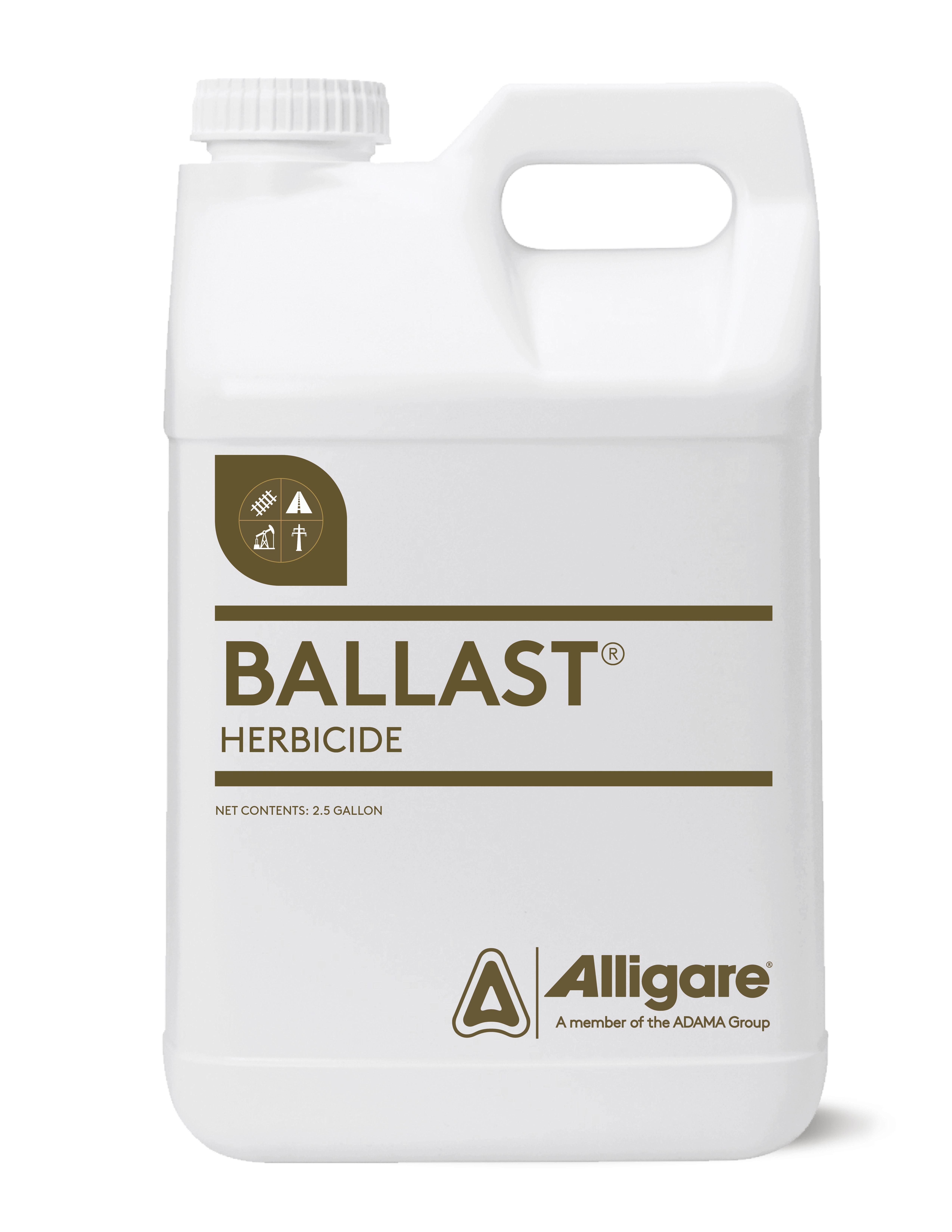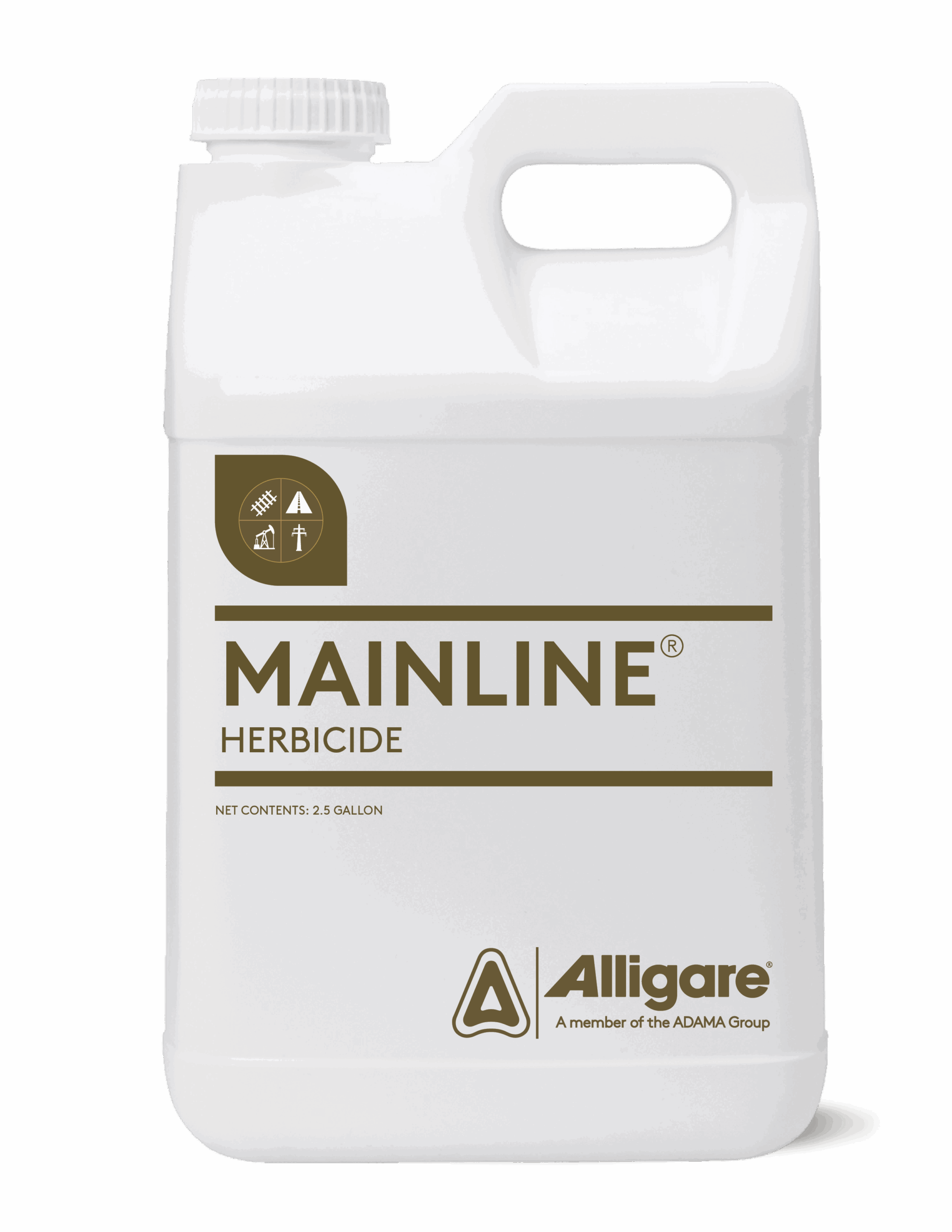About Us
THE ALLIGARE APPROACH
As America’s largest post-patent herbicide company, we focus on helping our customers reach their goals with upfront pricing, innovative solutions, and sustainable resources. Founded in 2002, Alligare’s journey began with a single active ingredient. More than 20 years later, we are still passionate about customer and channel partnerships, quality ingredients, and flexible supply models. We are your partner in vegetation management.

THE ALLIGARE STANDARD
Our name, Alligare, is Latin for ally and means to bind to, act together, and protect one another. This not only defines who we are but clarifies our distinct alliance with you, the customer, and our network of supply chain partners.
We thrive on delivering results for your specific vegetation needs. We listen and learn from your experiences in the field and knowledge of problematic vegetation and these insights effectively pave the way for us to deliver enhanced solutions. Your trust in Alligare, and our dedication to your success, make these relationships a critical factor in our day-to-day operations.
THE ALLIGARE COMMITMENT
With an alliance of experts, distributors, and supply chain partners, Alligare focuses on innovative and user-friendly solutions to control your problematic vegetation.
We are enhancing our product offerings, while maintaining the integrity of our portfolio, to ensure an innovative and powerful selection for any treatment site. Newer chemistries provide peace of mind and increased useability for mixing, handling, and storage, all while requiring mere ounces of herbicide to achieve the results that previously required pounds or gallons of product.
Whether you are applying one of our novel pre-mixes or an Alligare custom blend, our solutions offer superior versatility and amplify product efficacy for any site, situation, or species.
Our Values

Our get it done attitude drives us to constantly seek better, more effective solutions for our customers. We roll up our sleeves to meet challenges, keep promises, and deliver results. That’s when we’re at our best.

We keep things simple because we understand the complexities and challenges of this industry. We offer a straightforward approach to doing business and work hard to bring you effective, easy-to-use solutions.

We are empowered to act and improve the solutions we provide to you, our customer. This goes together with a commitment to mentor, train, inspire, and provide resources to help improve performance.

Our passion is the fuel that propels us. We are passionate about helping our customers reach their goals and the role we play in the success of our customers, partners, and colleagues.
Key Levers
Customer Inspired
LEVER 1
We listen to our customers to understand local needs and deliver solutions that address your pain points. We then collaborate with our channel partners to ensure the best possible outcome.
Formulation Mastery
LEVER 2
We learn from our customers and bring our expertise in advanced formulation innovation to develop differentiated, superior products. These products have features and benefits that deliver significant advantages for our customers.
Value Optimized Portfolio
LEVER 3
We develop and manage our portfolio by focusing on strategic segments in each of our markets. We are driven to deliver valuable and sustainable solutions that meet the current and future needs of our customers.
Super Class Supply
LEVER 4
Our global manufacturing partners are reliable and cost-competitive, which allows for flexible supply models to better serve our customers. We maintain the highest standards of quality and Health, Safety, and Environmental (HSE) standards.
Leadership Team





Recommended Alligare Products
News & Insights
No feed items found.





